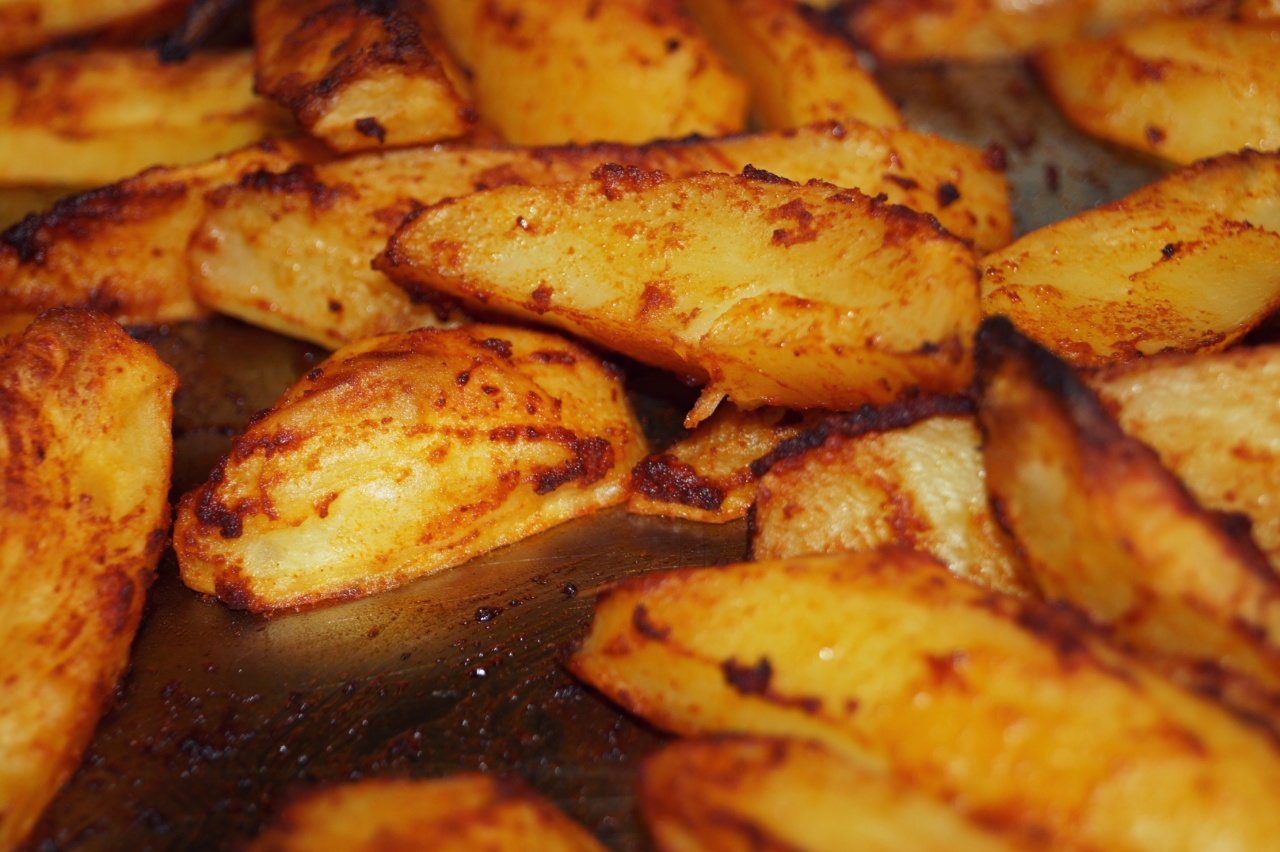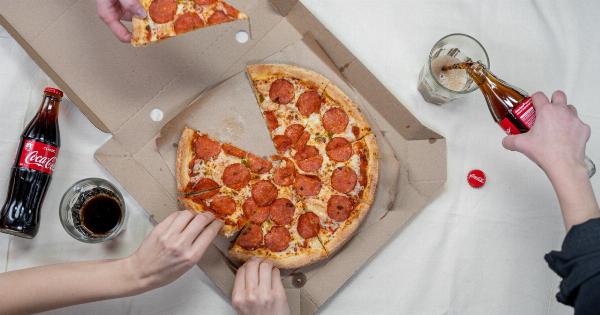Greasy meals are often associated with indulgence, guilty pleasures, and satisfying cravings.
From fast food favorites like burgers and fries to greasy breakfast options like bacon and sausage, these meals can be incredibly delicious but are often criticized for their impact on health. However, is there ever a time when it is appropriate to eat a greasy meal without feeling guilty? Let’s explore when it might be acceptable to indulge in a greasy meal and how to do so in a mindful and balanced way.
1. Cheat Days or Reward Meals
One popular approach to incorporate greasy meals into a balanced diet is through the concept of cheat days or reward meals.
These designated days or meals allow individuals to indulge in their favorite greasy treats without completely derailing their overall healthy eating habits. By having strict guidelines and limiting these indulgences to specific occasions, individuals can enjoy their greasy meals guilt-free while maintaining a generally nutritious diet throughout the rest of the week.
2. Special Occasions
Special occasions such as birthdays, celebrations, or vacations can often involve indulgent meals and treats. These moments are meant to be enjoyed and form memories with loved ones.
Including a greasy meal on such occasions can add to the festive and celebratory atmosphere. While it’s important not to overdo it, allowing yourself to enjoy a greasy meal on these special occasions can promote a balanced approach to eating.
3. Post-Workout Meals
After a strenuous workout, it is important to refuel the body with the energy it needs to recover and rebuild muscle.
While it is necessary to consume nutrient-dense foods for optimal recovery, incorporating a greasy meal alongside a balanced post-workout meal can satisfy cravings and provide a sense of reward for the hard work put into the exercise session. However, moderation is key, as excessive consumption of greasy foods can hinder recovery and overall fitness goals.
4. Emotional Comfort
Food often plays a significant role in providing emotional comfort during times of stress, sadness, or even celebration.
While relying solely on greasy meals for emotional comfort is not recommended, occasionally treating yourself to a greasy meal when feeling down or celebrating personal achievements can provide a temporary mood boost. It is important, however, to be mindful of emotional eating patterns and seek healthier coping mechanisms in the long run.
5. Exploring Culinary Experiences
Food and cultural experiences go hand in hand. Greasy meals are often iconic representations of various culinary traditions and street foods. Exploring these different cuisines can be an exciting adventure for food enthusiasts.
Trying a greasy meal in a culturally appropriate environment, such as enjoying fish and chips in a British pub or eating a New York-style pizza slice in the heart of Manhattan, can add to the authenticity of the experience and create lasting memories.
6. Balance and Moderation
While finding appropriate occasions to eat greasy meals is important, it is equally crucial to maintain a sense of balance and moderation.
Regularly consuming greasy meals can have adverse effects on overall health, leading to weight gain, increased cholesterol levels, and other health-related complications. Coupling greasy meals with a nutritious diet that includes plenty of fruits, vegetables, and lean proteins can help strike a balance and promote a more well-rounded approach to eating.
7. Mindful Eating
Mindful eating is a practice that encourages individuals to be fully present during meals, paying attention to the taste, texture, and overall experience of eating.
By practicing mindful eating, individuals can truly savor their greasy meals and fully enjoy the flavors without overindulging or feeling guilty. Pairing greasy meals with healthier options, such as a side of salad, can add nutritional value and enhance the overall meal experience.
8. Personalized Nutritional Needs
Personalized nutritional needs can vary from person to person, depending on factors such as age, activity level, and overall health. Some individuals may have higher caloric requirements and can include greasy meals in their diet more frequently.
It is important to consult with a healthcare professional or registered dietitian to determine the appropriate frequency and portion sizes of greasy meals based on individual nutritional needs and goals.
9. Cooking at Home
Preparing greasy meals at home allows individuals to have greater control over the ingredients and cooking methods used.
By opting for healthier oils and cooking techniques, such as baking or grilling instead of deep frying, it is possible to enjoy a greasy meal with reduced levels of unhealthy fats. Experimenting with homemade versions of favorite greasy dishes not only allows for customization but also promotes a healthier approach to indulgence.
10. Building a Supportive Environment
Creating a supportive environment where friends and family encourage and understand the occasional indulgence of a greasy meal can make the experience more enjoyable.
Surrounding yourself with people who share a balanced approach to eating can help alleviate any associated guilt and foster a positive relationship with greasy foods.






























